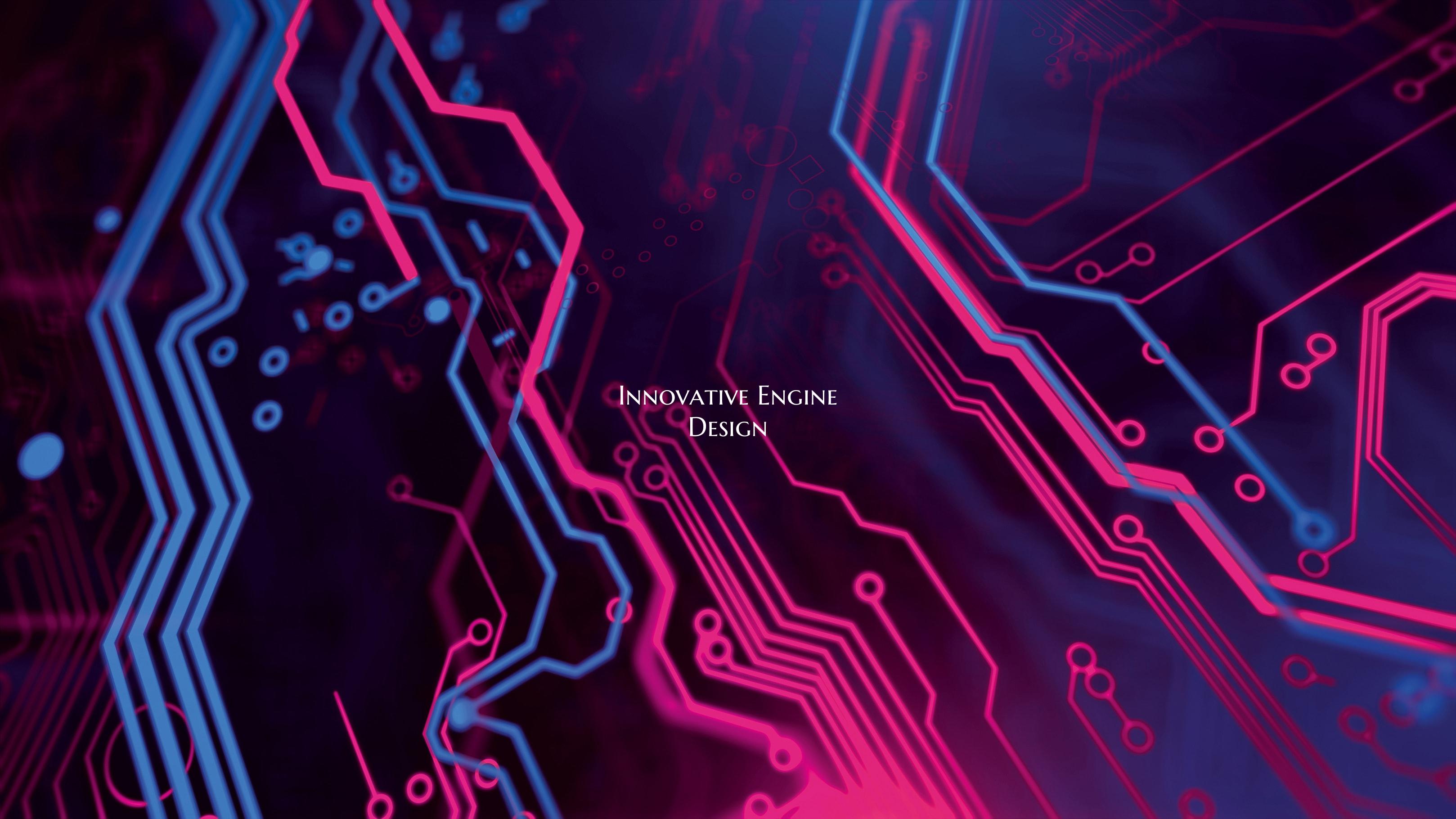Innovative Engine Design
In today's rapidly changing world, the automotive industry is at a crossroads, with a pressing need to develop innovative engine designs that not only meet performance expectations but also address environmental concerns. The shift towards sustainable transportation has propelled engineers and designers to push the boundaries of traditional combustion engines and explore new frontiers in propulsion technology.
One of the key areas of focus in innovative engine design is enhancing fuel efficiency and reducing emissions. Engineers are exploring a range of cutting-edge technologies, such as hybrid and electric propulsion systems, hydrogen fuel cells, and advanced combustion techniques, to develop engines that are cleaner and more sustainable.
Hybrid engines, for example, combine the benefits of a traditional internal combustion engine with an electric motor, allowing vehicles to operate more efficiently and reduce their carbon footprint. Electric propulsion systems, on the other hand, rely solely on electric power, eliminating tailpipe emissions altogether and offering a truly sustainable solution for transportation.
Another promising technology in innovative engine design is hydrogen fuel cells, which generate electricity by combining hydrogen and oxygen, producing only water vapor as a byproduct. These fuel cells offer a clean and efficient power source for vehicles, with the potential to revolutionize the automotive industry by providing a renewable energy option for transportation.
Advanced combustion techniques, such as homogenous charge compression ignition (HCCI) and lean-burn engines, are also being explored to improve engine efficiency and reduce emissions. These technologies optimize the combustion process, resulting in cleaner and more fuel-efficient engines that help mitigate the environmental impact of transportation.
Innovative engine design is not limited to improving performance and sustainability; it also encompasses enhancing the overall driving experience for consumers. Engineers are incorporating advanced connectivity features, artificial intelligence, and predictive analytics into engine designs to create smarter, more intuitive vehicles that cater to the evolving needs of drivers.
As we navigate towards a more sustainable future, innovative engine design will play a crucial role in shaping the next generation of vehicles. By pushing the boundaries of conventional engine technology and embracing new innovations, engineers are paving the way for a cleaner, greener, and more efficient transportation landscape.
In conclusion, innovative engine design is driving the automotive industry towards a brighter and more sustainable future. By harnessing the power of technology and creativity, engineers are reimagining the engines of tomorrow, setting new benchmarks for performance, efficiency, and environmental responsibility.

